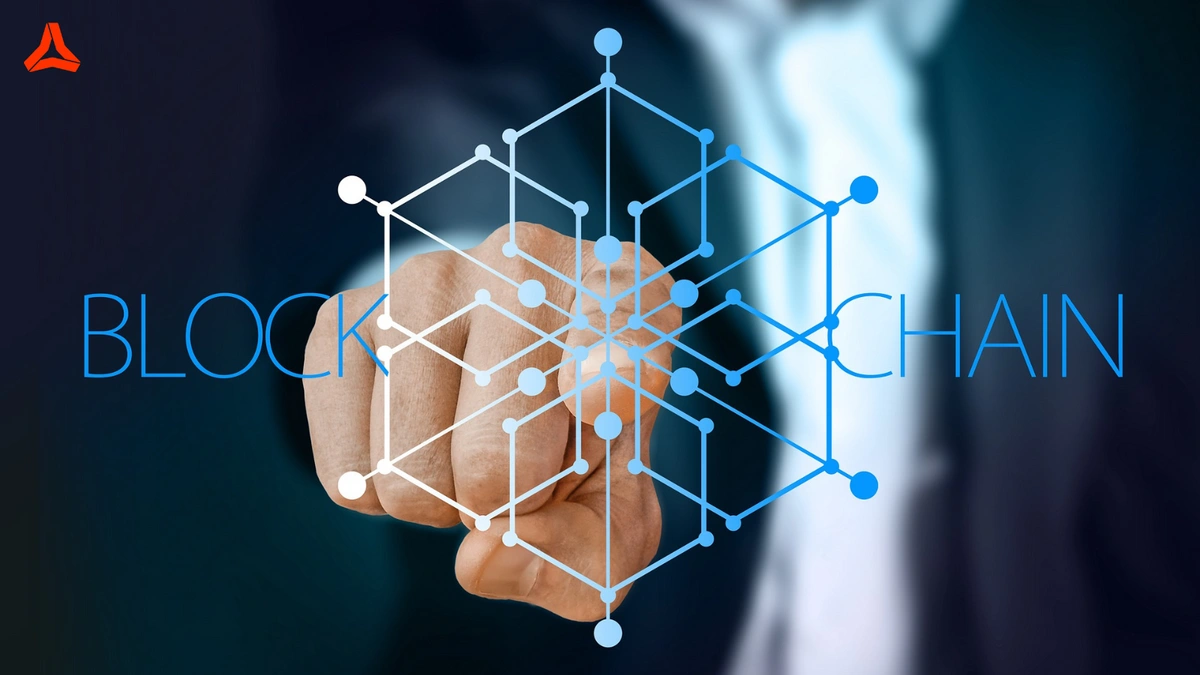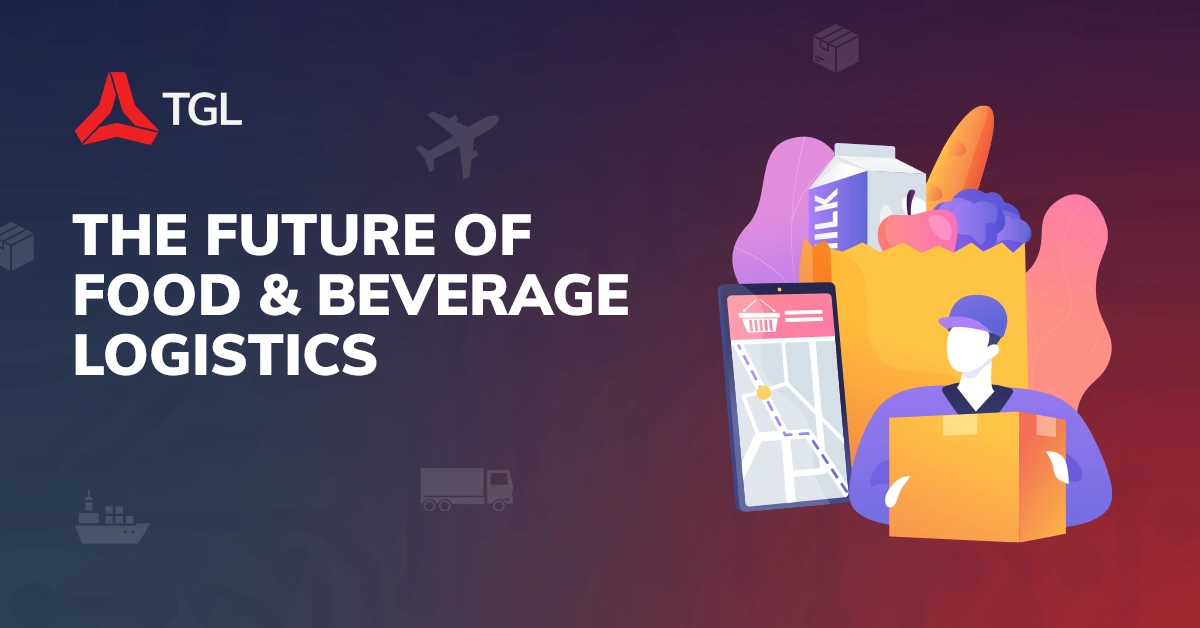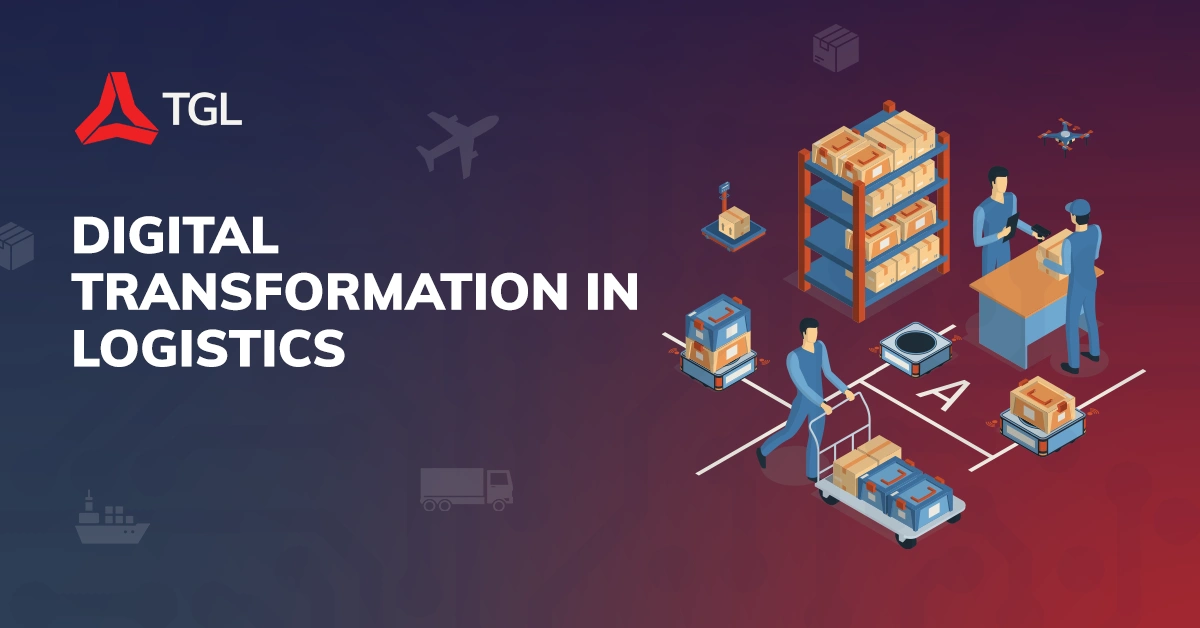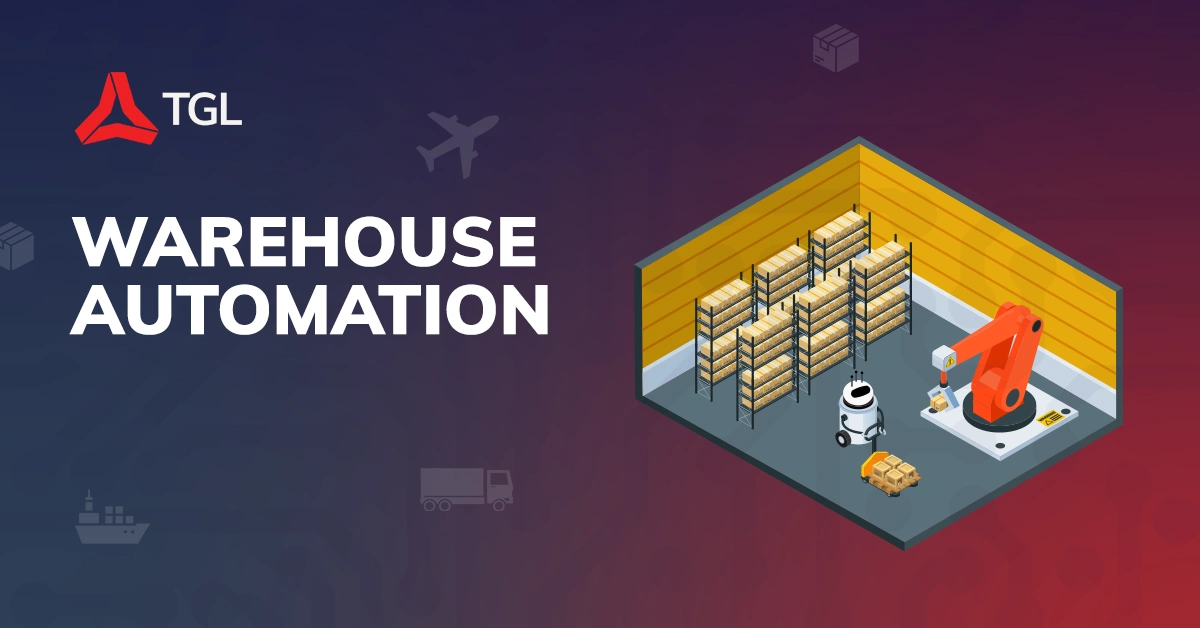How blockchain affects supply chain logistics?

The evolution of technology has had a significant effect on the logistics industry, over the past several years, technology has changed the way supply chains work for the better. The positive outcomes include increased productivity of the supply chain as well as minimising long-term costs and errors in logistical processes. From air freight to road freight and everything in between, these advancements have paved the way for the industry to become more efficient. The digitisation of various processes has enabled businesses to streamline everything from general admin to complex logistic operations, customers can easily follow their shipments throughout the process thanks to digital technology. While these advances have transformed the supply chain, the future of technology in this industry will continue to adapt far into the future; one prime example is blockchain which is a very complex idea that must be understood by businesses and other entities better before effectively adopting it.
What is blockchain?
The idea of blockchain is very complex and can be hard to define; essentially, it is a system of recording information in a way that allows for complete transparency from manufacturers, it ensures that data is impossible to change or hack. Users of blockchain can genuinely verify the authenticity of the products they buy. As it stands today, customers are heavily reliant on a company's integrity; with blockchain, customers can see where a product originated and recognise if products are sustainably and ethically sourced. Blockchain is still in the very early stages of development; it came about with the adoption of bitcoin and was responsible for developing the underlying technology of cryptocurrency. There are several vital factors that need to be considered before effectively adopting the technology. Blockchain must be fully understood and accepted by all groups and individuals, including companies and governments, for it to be genuinely successful.
The supply chain process
There are several critical steps in the blockchain process; a transaction must follow a strict procedure before entering the blockchain. In general, the blockchain process involves an individual requesting a transaction which is then broadcasted to a specified network; this transaction is then verified and recorded. Once the data is verified, a new block of data is created for the ledger and added to the existing blockchain completing the transaction process. The following steps outline the crucial variables which are involved in blockchain from a logistical standpoint:
- It starts with the supplier, who provides an RFID code that lists all product information.
- The manufacturer meets the suppliers’ specifications and creates QR codes for traceability to allow all users to track the product from the beginning to the end of the manufacturing process.
- The next step involves a distributor who must choose a dedicated 3PL supplier to store and distribute the product.
- Once the distributor chooses a 3PL service, it will now store the product and distribute it through selected channels.
- The fifth step in the process involves a retailer who must update all data records based on business intelligence.
- Once the retailer records all the data into a system for the store to sell products.
- The final step involves a client scanning a QR code to complete the product's information from origin to the point of sale.
- Shared ledger
A ledger is the central part of a blockchain, and transaction details are recorded in a system shared across business networks after all essential authentications have been processed. This system allows for the elimination of recording duplicate information in the blockchain as well as automating transactions. All individuals who are part of the blockchain can see the ledger and can access it in real-time anywhere around the world. Each block in the chain contains a specific number of transactions, and each new transaction that occurs on the blockchain is recorded and added to every participant’s ledger. A shared ledger can assist logistic companies with simplifying their processes by giving them more access to systems that records all the motions of each shipping container and other important information.
Benefits
Through a successful blockchain, logistic companies can reduce the complexity and inefficiencies of the supply chain, which arise from the lack of visibility and outdated data documentation systems. Some key benefits of using a blockchain involve Increased traceability, increased transparency and better sustainability standards.
Increase traceability
Today customers are expected to trust that companies are manufacturing their goods authentic and ethically sourced. An end user is not able to see where their product really originated from and how it was manufactured. With blockchain, all users will be able to track where and how the product was made, and issues regarding visibility and validity will be eliminated because the public will always have access to all transactions.
Enhance Your Business Transparency
It is essential for any business to build trust to build a good reputation. Company and industry transparency is a significant issue today; over time, organisations have tried to improve transparency by implementing more regulations regarding ethics and industry practices. Through the adoption of blockchain, a company's whole manufacturing process will be completely transparent, and users can view the entire history of a transaction; this provides them with the surety that a company is trustworthy.
Better sustainability standards
Blockchain can also lead to greater sustainability measures amongst organisations. Businesses will be able to gain insight into how they can reduce their carbon emissions by using the technology which would allow them to track carbon emissions at every level. Companies will be encouraged to adopt more ethically sourced production strategies providing assurance to customers regarding the quality of their products.
Drawbacks
Lack of privacy
The main drawback of blockchain is the lack of privacy for companies; all users have access to information that may be confidential. While this is a positive for end users, companies and governments may be hesitant to adopt this process.
Implementation costs
The initial costs of implementing blockchain are huge, it requires a lot of investment from the organisations. Many costs are associated with adopting this technology, including costs of hiring developers, training costs, potential licensing costs and maintenance costs. While the long-term solutions may reduce overall costs, the initial costs are vital. Most companies may fail to have a sufficient financial position to implement this solution.
Inefficiency and storage
Another vital issue is inefficiency and storage; due to the nature of blockchain, millions of users will have access to the same network simultaneously, which may cause issues with promptness and energy usage. Storage also proves to be a vital issue; the more users join the network, the more space the blockchain will need.
Statistics
Here are five interesting statistics about blockchain:
- From 2022 to 2030, the worldwide blockchain technology industry is predicted to grow at an 85.9% CAGR.
- By 2025, the number of B2B cross-border transactions on the blockchain will reach 745 million.
- 86% of senior executives think that blockchain technology will eventually achieve mainstream adoption.
- Experts predict that within a decade, 10% to 15% of the worldwide infrastructure will use blockchain technology.
- 59% of senior business executives in the U.S. say they have little or no knowledge about blockchain technology.
The currently fragmented supply chain landscape is becoming increasingly customer-value focused, with a growing demand for organisational transparency of ethical and sustainable sourcing/production. With digital also on the rise, security is paramount to customers, and many experts believe that blockchain can be a saving grace to this growing issue.
| At TGL, we offer business to business logistics services, including sea freight, air freight, domestic freight, warehousing, and customs clearance to all industries. Get a quote today. |
| If you require further information about us and the services we provide, book a free no-obligation consultation session with our logistics professionals. |


